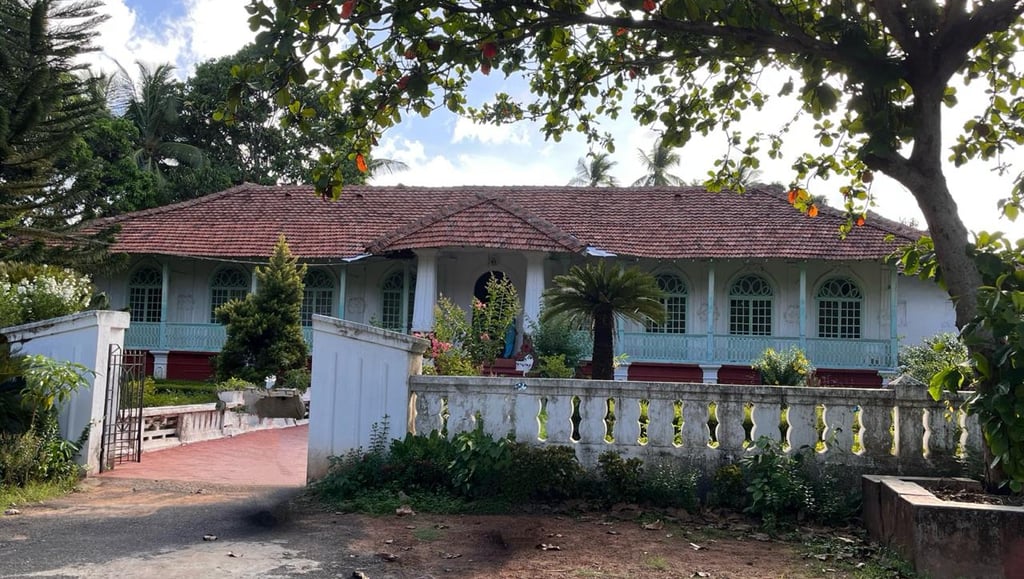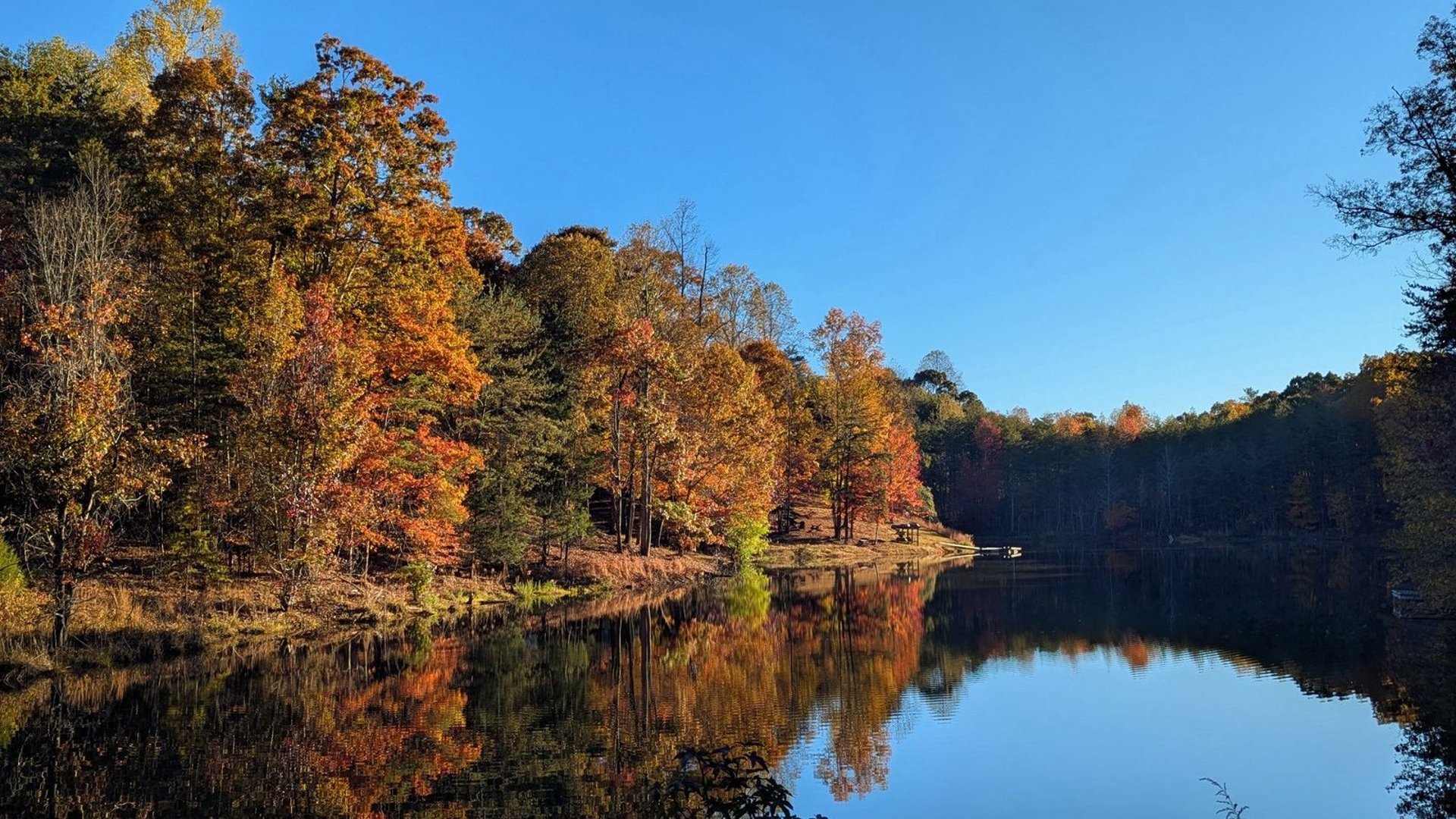"God in the Courtyard": Aayya’s Kataifi and the Comfort of Rescue
In a quiet Greek courtyard, a Greek lady named Aayya stirred hope into sweet desserts, reminding refugee children—and me—of the God who always rescues.
SOJOURNER
Wandering Armenian
6/28/20254 min read


God in the Courtyard: Aayya’s Kataifi and the Comfort of Rescue
The old, whitewashed house, with its creaking shutters and with a yard packed tight with the scrub of wild rosemary and lemon trees, hid itself at the back of a row of olive trees not far below the Nea Kavala Refugee Camp situated on the outskirts of Polykastro village. It was there that I got acquainted with this elderly Greek lady, in her mid-sixties I believe, me being me and out of sheer respect for an old granny like person I could never ask her, her age although I passed by her home every day to get back Polykastro. Aayya, that is the Greek way of addressing a grandma, as her name was never know. She was lovingly referred to as Aayya by the children in the camp who were always thronged in her courtyard or garden. People in the village had forgotten her real name in the silence of decades, but they could not forget her, as she was that kind.
She led a solitary though not exactly a solitary life. Her home was a haven, not at all in a big religious sense, but as it always got the laughs, that good syrup smell, and the chatter of the refugee kids to her, as the bees to the nectar. What she provided to them was not food, it was a taste of normal life, fun and fulfilment.
Aayya made a famous Kataifi Portokalopita with Coconut, a Greek orange cake made of filo dough baked with syrup topped with a jewelled garland of pastry and coconut shred. And she would wink and say, “It’s sweet enough to remind you that bitterness won’t last forever.”
One bright afternoon as I was walking back to the quaint little village, which is what they described it as, I decided to make a halt at Aayya’s home. And she welcomed me with her big, sweet smile and in few minutes, I was sitting opposite her peeling tangerines that she handed over to me, sitting in the shade of her lemon tree. As, I explained to her how difficult it was to watch the children struggling, taken out of their homes, losing their parents, and having no idea how to live tomorrow. All she did was to nod and reply, hyios (my son), “Do you know, God had His eyes on His people in Babylon, too.” This was what we read in the scripture in Jeremiah, “He promises to rescue, not just from the outside, but from the inside too.”-Jeramiah 23:1-8.
By then I was done with peeling the tangerines, so we slowly walked into the house, which was very refreshing as I entered the shade of a large hall across the kitchen area. She then pulled a small foot stool and opened one of the overhead cupboards and took out a fresh supply of kataifi (the shredded filo dough) and allowed it soak in the freshly made syrup and butter. And then she continues to say, hyios(son) I do not bake because I want to forget that I am living all alone or because I am growing old day after day and my joint aches are increasing, but it is to remember that my Master (Jesus) has kept me alive. And when we are alive it means God has not yet finished with us.” And then her face lit up with her big smile as to say she had won a jackpot in a Tambola game.
At once my thoughts started to unravel, it was that day, both her words and her favourite pastry tasted like healing. In a split of a second, I recalled the precious words of Jeremiah 23:3: “Then I myself will gather the remnant of my flock... and they will be fruitful and increase in number.” And deep down in my heart I realized that those words were not just for the people of Israel, but they were meant for those refugee children, for Aayya, for me especially and for you too at some point, I guess.
Most often we tend to seek deliverance in an epic act like the miracle of the parted sea, or the widow’s provision in the book Eiljah or the multiplication of two fish and five loaves. However, many times it may be seen in small matters: some delicious piece of orange cake, shared jokes, a cozy courtyard, and the constant feeling of God with the helping hands of an old baker.
In fact, that afternoon as I slowly walked back home, I kept thinking over what old Aayya said, and I guess was the best evening of my deployment time in Greece.
It is a decade now since all this transpired as I sit near the big balcony window with one eye out and one on my laptop as a flip the images of bygone moments captured. In many ways today as a husband, dad and a home-baker and an enthusiastic cook I begin to ask myself –
In what ways am I spiritually trapped and isolated, even when surrounded by people? Have I made peace with bitterness, or do I still expect sweetness from God’s hand? How often do I overlook the small rescues—like Aayya’s kataifi—that show me God sees me? Am I creating safe courtyards for others, as He does for me?
I really do not know yet and I am still looking for some answers but still I can wrap up this vivid and heart changing event in these four lines-
In syruped threads and citrus light,
God whispers hope through darkest night.
Through kindness baked in golden crust,
He teaches us again to trust.
(The names of people and location in this story have been changed or kept anonymous for personal privacy security reasons and the story has been adapted from the author’s time spent serving as a humanitarian aid worker in one of the refugee camps up north Greece).

